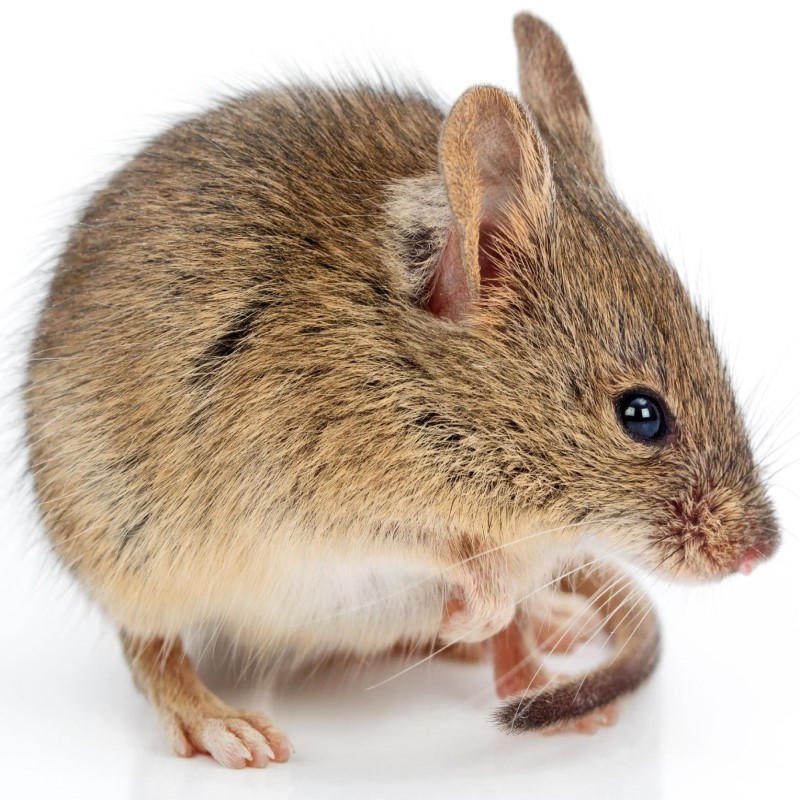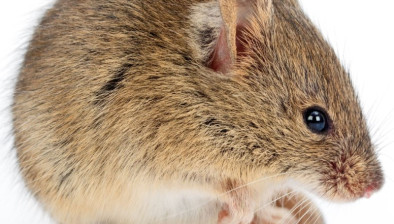British Pest Control Association issues mouse infestation guide
The British Pest Control Association (BPCA) has published a new document with an accompanying video providing expert advice to housing providers on how to deal with a mouse infestation.

The advice highlights the signs and consequences of a mouse infestation.
Mice are one of the most common pest species in the UK and they can pose a risk to public health, as well as causing property damage.
They can spread Salmonella and Listeria - there is also a possibility that some building fires or flood issues are caused by the rodents’ gnawing behaviours.
Natalie Bungay, technical officer at BPCA, said: “Effective pest management should be considered in the strategic approach to fire and flood prevention by housing providers.
“As well as health and safety concerns, the distress a customer may suffer as a result of an infestation in their home also needs to be considered.
“And the issue can impact on reputation for housing providers, with several widely shared social media posts helping to spread a negative image.”
The house mouse is the most problematic species in the UK, due to their proximity to humans. Mice can be a problem year-round as they do not hibernate, but cold weather makes the possibility of an infestation more likely, as field mice also head indoors to seek warmth and food.
Within the BPCA’s online guide is information about the lifespan, habits and breeding cycle of mice, as well as advice on preventing infestation and ways to tackle the presence of the pest.
Ms Bungay added: “It is important to get rid of mice quickly, as mice are adaptable, highly mobile and breed rapidly - this combination can make mouse control a difficult task for the untrained individual.
“For any mouse infestation, we would always recommend contacting a professional pest control company, preferably a member of the BPCA. They are trained in mouse control and will have access to a range of professional use rodenticides which are not available to the public.”
The BPCA’s guide to mice is available here.








